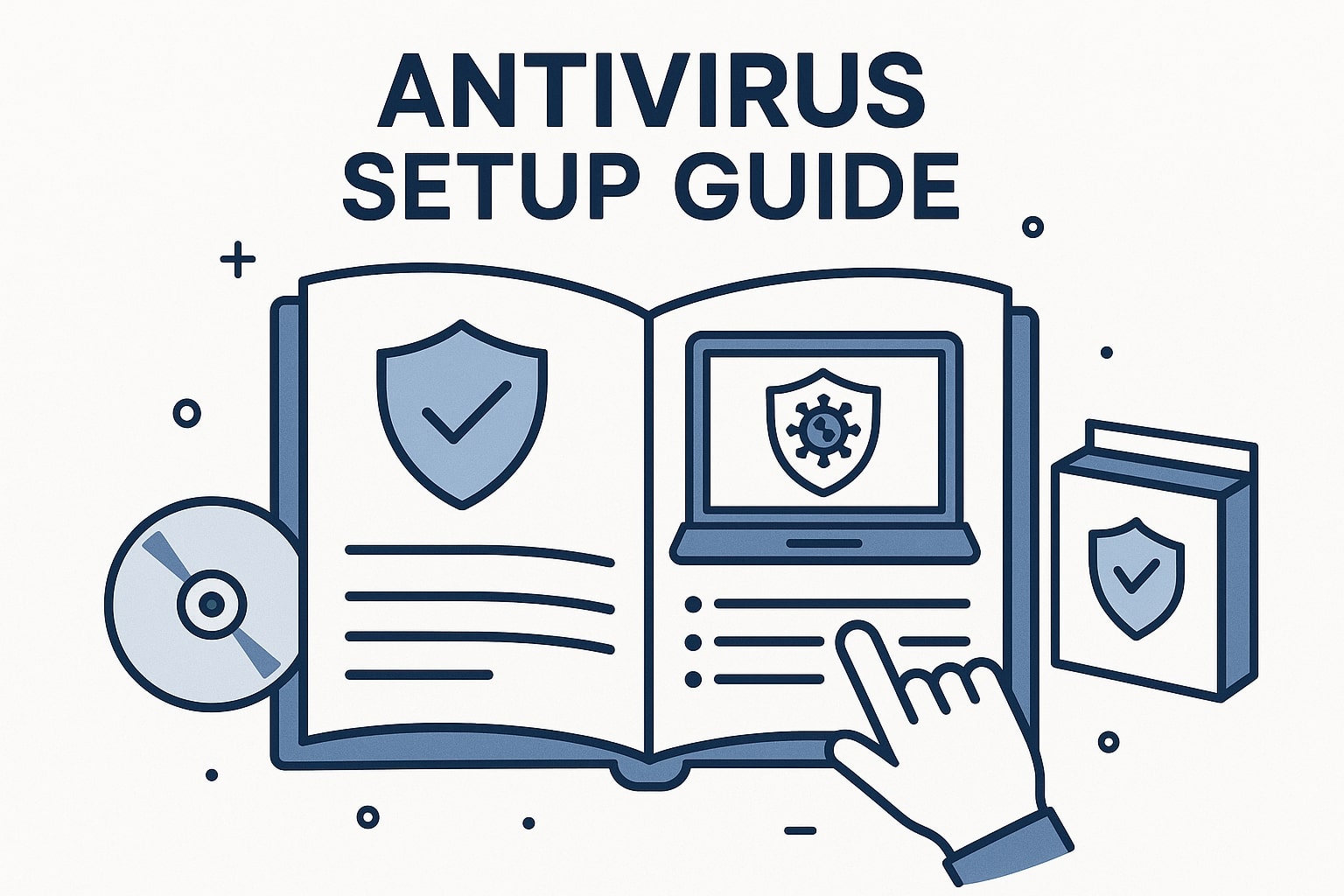Africa’s logistics and transportation landscape is undergoing a technological revolution. Increasing urbanization, eCommerce growth, and the rise of regional trade corridors demand smarter, safer, and more efficient fleet management.
IoT is at the heart of this transformation. By connecting vehicles, sensors, and cloud platforms, IoT enables real-time fleet monitoring, predictive analytics, and operational efficiency across Africa.
This article explores how IoT is reshaping fleet monitoring, the challenges African logistics face, and the opportunities for businesses to leverage GPS tracking software with IoT to transform operations.
1. Understanding IoT in Fleet Management
The Internet of Things (IoT) refers to networks of connected devices that collect, transmit, and analyze data in real-time. In fleet management, IoT devices include:
-
GPS trackers
-
Fuel sensors
-
Engine monitoring devices
-
Dashcams with AI analytics
-
Cargo condition sensors (temperature, humidity, vibration)
-
Tire pressure and maintenance sensors
By integrating these devices into a cloud platform, companies can monitor fleets remotely, analyze operational data, and make proactive decisions.
1.1 How IoT Enhances GPS Tracking
Traditional GPS tracking shows location, speed, and route history. IoT-enhanced GPS tracking adds:
-
Fuel level monitoring
-
Driver behavior analysis
-
Engine health diagnostics
-
Cargo condition tracking
-
Predictive maintenance alerts
This allows fleets to operate efficiently, safely, and profitably, even across challenging African terrains.
2. African Fleet Challenges Addressed by IoT
Africa’s logistics sector faces unique operational challenges:
2.1 Road Infrastructure & Remote Areas
Poor roads, long distances, and rural connectivity gaps make fleet management difficult. IoT devices store data offline and sync it when connectivity is available.
2.2 Fuel Theft and Inefficiencies
Fuel theft costs African companies millions annually. IoT sensors detect unauthorized refueling, excessive idling, and route deviations, significantly reducing losses.
2.3 Driver Safety and Behavior
Unsafe driving increases accident rates and operational costs. IoT-enabled telematics monitor:
-
Speeding
-
Harsh braking or acceleration
-
Fatigue indicators
-
Vehicle overloading
Managers can coach drivers and reward safe behavior.
2.4 Cargo Security and Compliance
IoT-enabled GPS trackers and smart locks ensure cargo is secure and compliant with local and cross-border regulations. Alerts notify managers of unauthorized access or deviations from planned routes.
2.5 Maintenance and Downtime
Predictive maintenance reduces vehicle downtime. IoT sensors monitor engine performance, tire pressure, battery health, and other mechanical indicators, allowing early intervention before costly breakdowns.
3. Key Features of IoT-Enabled Fleet Monitoring
IoT-enabled GPS tracking platforms offer a suite of powerful features:
Real-Time Vehicle Tracking
Monitor vehicles’ live location, speed, and movement. This ensures better coordination, faster dispatching, and enhanced operational visibility.
Fuel Monitoring and Optimization
Track fuel consumption, detect theft, and identify fuel inefficiencies across routes.
Driver Behavior and Safety Analytics
Assess drivers using AI analytics. Generate performance scores, recommend safe driving practices, and reduce accidents.
Geo-Fencing and Alerts
Set virtual boundaries and receive instant alerts when vehicles enter or exit specific areas.
Predictive Maintenance
Monitor engine health, battery, brakes, and tire conditions to predict issues before breakdowns occur.
Cargo and Cold Chain Monitoring
Temperature, humidity, and vibration sensors ensure sensitive goods are transported safely and compliantly.
Integrated Dashboard and Reporting
Centralized dashboards display operational KPIs, vehicle utilization, fuel efficiency, driver performance, and more.
4. Benefits of IoT in African Fleet Management
4.1 Real-Time Visibility Across Operations
IoT platforms allow fleet managers to see their vehicles in real-time across cities and countries.
Benefits:
Quick response to delays or accidents
Accurate ETAs for clients
Efficient coordination of multi-city or cross-border fleets
4.2 Cost Reduction
Through fuel monitoring, route optimization, and preventive maintenance, companies significantly reduce operational costs.
4.3 Enhanced Driver Safety
Continuous monitoring of driving patterns, fatigue, and behavior helps reduce accidents and improves insurance outcomes.
4.4 Improved Productivity
Optimized routes, faster deliveries, and reduced downtime increase fleet productivity.
4.5 Preventive Maintenance
IoT sensors detect mechanical issues early, extending vehicle lifespan and reducing emergency repairs.
4.6 Regulatory Compliance
Cross-border and local regulations require tracking driver hours, vehicle conditions, and cargo status. IoT enables automated compliance reporting.
5. Case Studies: IoT in African Logistics
5.1 Transportation Companies
A Nigerian logistics company used IoT GPS tracking software for cars to reduce fuel theft by 30% and cut delivery delays by 25%.
5.2 Mining and Construction
Kenyan construction fleets equipped with IoT sensors reduced machinery downtime by 40% through predictive maintenance.
5.3 Cold Chain Transport
South African pharmaceutical companies ensured vaccine safety by integrating IoT temperature sensors with GPS tracking, preventing spoilage during transit.
5.4 Public Transportation
BRT systems in Lagos and Nairobi implemented GPS-IoT dashboards to improve passenger safety, reduce delays, and optimize routes.
6. Technological Innovations Driving IoT in Africa
6.1 AI-Powered Analytics
AI detects anomalies in driver behavior, predicts maintenance needs, and identifies inefficiencies in fuel usage or routes.
6.2 5G Connectivity
With 5G expansion, real-time data transfer and fleet monitoring becomes faster and more reliable, even in urban congestion.
6.3 Cloud Platforms
Cloud-based IoT dashboards provide scalable access to fleet data from any device or location.
6.4 Smart Sensors and Telematics
Advanced IoT sensors track not only GPS coordinates but also:
-
Engine performance
-
Vehicle load
-
Tire pressure
-
Cargo conditions
7. Future Trends for IoT in African Fleet Management
-
Autonomous delivery vehicles integrated with IoT
-
Drone-assisted last-mile delivery
-
Smart traffic management in cities
-
Blockchain-enabled supply chain tracking
-
Electric vehicle monitoring via IoT platforms
-
AI-powered predictive logistics for regional trade
The African logistics ecosystem is rapidly embracing IoT to improve operational efficiency, reduce costs, and enhance customer satisfaction.
8. Getting Started With IoT Fleet Monitoring in Africa
-
Install IoT-enabled GPS devices on vehicles and assets.
-
Integrate sensors for fuel, engine, and cargo monitoring.
-
Connect devices to a cloud platform for live tracking and reporting.
-
Set alerts, dashboards, and geo-fences.
-
Train drivers and fleet managers to use real-time insights.
-
Regularly analyze reports for route optimization, fuel efficiency, and driver performance.
FAQs
1. What is IoT-enabled GPS tracking?
It’s a system that combines GPS location data with IoT sensors to monitor vehicles, cargo, fuel, and driver behavior in real-time.
2. How does IoT reduce fuel theft?
Sensors detect fuel drops, route deviations, unauthorized idling, and alert fleet managers instantly.
3. Can IoT systems work in areas with poor connectivity?
Yes. Most IoT devices store data offline and sync when network coverage resumes.
4. Are IoT fleet monitoring systems affordable for small fleets?
Modern cloud-based platforms are scalable and cost-effective for businesses of all sizes.
5. What industries benefit most from IoT tracking in Africa?
Logistics, construction, mining, agriculture, cold chain, public transport, and cross-border trade fleets.
6. Does IoT improve driver safety?
Yes. Real-time monitoring detects speeding, fatigue, harsh driving, and supports coaching programs.
7. How does IoT help with vehicle maintenance?
Sensors monitor mechanical health and provide predictive alerts, preventing costly breakdowns.
This article provides a comprehensive guide for African businesses looking to implement IoT and GPS tracking for smarter fleet monitoring, increased safety, and reduced operational costs.
















Leave a Reply